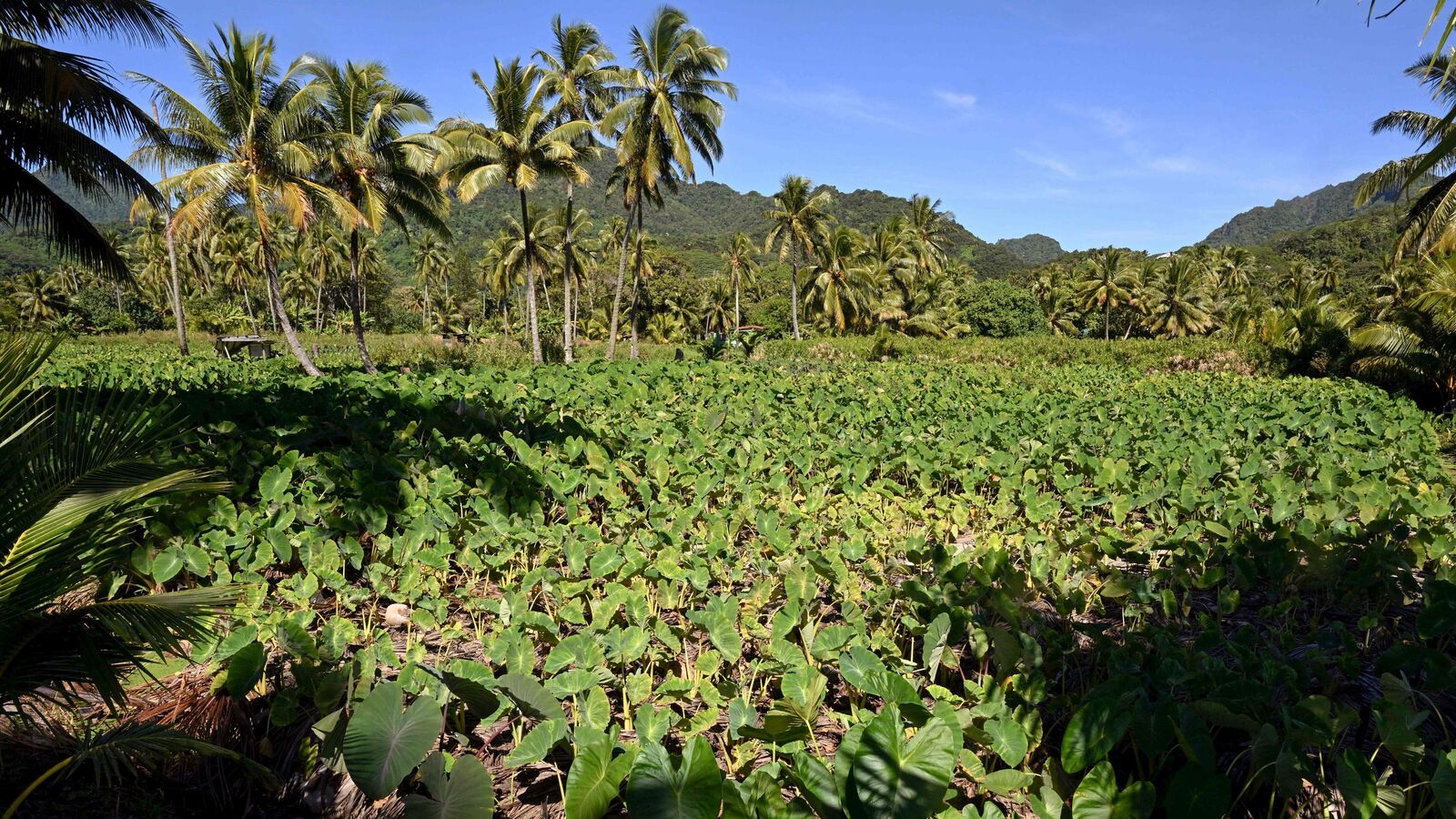The United Nations’ top court has issued a landmark advisory opinion on climate change, marking the first time its 15 judges have formally addressed what the court’s president called “an existential threat of global proportions that puts all life and the planet’s health at risk.”
In a unanimous and non-binding opinion extending over 500 pages, the International Court of Justice outlined its stance, drawing immediate praise from climate activists who hailed it as a major milestone in the development of international climate law.
Also Read: Indian cities at climate crossroads, urgent action needed, says World Bank
After years of lobbying by island nations who fear they could disappear under rising sea waters, the UN General Assembly asked the court in 2023 to answer two questions: What are countries obliged to do under international law to protect the climate and environment from human-caused greenhouse gas emissions? And what are the legal consequences for governments when their acts, or lack of action, have significantly harmed the climate and environment?
Here are some of the key points from the opinion delivered:‘Nations must tackle fossil fuel’
The ICJ made clear remarks that states are accountable for various activities that damage the climate, and it explicitly noted that “states must tackle fossil fuel.”
The court emphasised that governments must address fossil fuel use. Specifically, it warned that a country’s failure to act against greenhouse gas emissions, including allowing fossil fuel production and consumption, according to a report by The Guardian.
“A healthy planet is a basic human right”
In a straightforward statement that could have profound legal implications, the court stated that everyone is entitled to a habitable planet.
Also Read: Climate change is now a real and pressing economic threat
“The human right to a clean, healthy and sustainable environment is therefore inherent in the enjoyment of other human rights,” court President Yuji Iwasawa said during a two-hour hearing. A livable planet is a human right and is part of international customary law, meaning every country is obliged to protect it, not just countries that have signed climate treaties and other agreements, as reported by Associated Press.
Violating international law
A failure to address climate change, the court said, could be a violation of international law. That matters because it applies to all countries and paves the way for legal actions, including states returning to the ICJ to hold each other accountable; domestic lawsuits; and investment agreements that must conform to international law.
Also Read: India can’t address the health risks of climate change without robust data
“With today’s authoritative historic ruling, the International Court of Justice has broken with business-as-usual and delivered a historic affirmation: Those suffering the impacts of climate devastation have a right to remedy and full reparation,” said Joie Chowdhury, a senior attorney at the Center for International Environmental Law.
Climate damage linked to greenhouse gas emissions
The court ruled that some countries or individuals suffering from the effects of climate change could be eligible for compensation.
For climate damage linked to greenhouse gas emissions, “restitution may take the form of reconstructing damaged or destroyed infrastructure, and restoring ecosystems and biodiversity,” the court said.
If that’s not possible, financial compensation could be assessed, though the judges conceded it “may be difficult to calculate, as there is usually a degree of uncertainty concerning the exact extent of the damage caused.”
Also Read: India’s climate crisis: Early heatwaves, Himalayan glaciers melting and a biodiversity collapse
The judges acknowledged that climate change may force people to flee their homes, and emphasised that nations have a responsibility not to reject climate refugees whose lives are at risk. They also stated that if a country is submerged due to rising sea levels, it still retains its legal existence.
A healthy planet is a basic human right.
Those suffering the impacts of climate devastation have a right to remedy and full reparation.
For the Pacific Island nations that sought this ruling, the danger is urgent. Since 1993, sea levels around Vanuatu have been rising at approximately 6 millimetres (0.24 inches) per year, well above the global average, with some areas experiencing even greater increases due to tectonic activity.
(With inputs from agencies)

